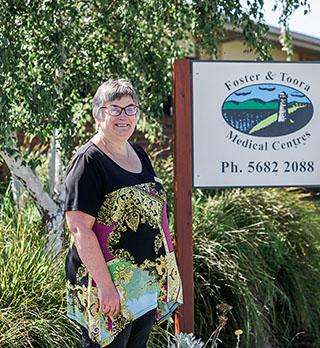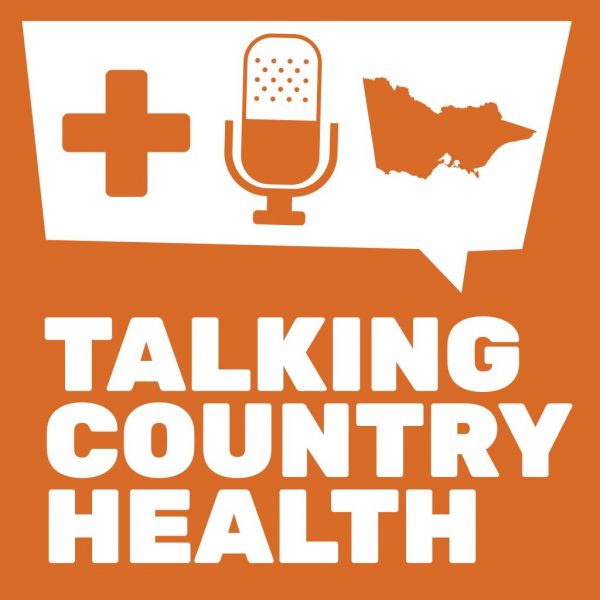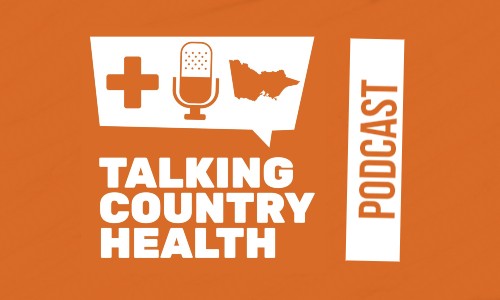Media Release
RWAV welcomes rural health considerations in 2020/21 State Budget
The Rural Workforce Agency Victoria (RWAV) is pleased to see that consideration has been made within the 2020/21 Victorian State Budget to enhance patient access to health care in rural communities.
“We are hopeful that the initiatives will lead to positive outcomes for the sector and for country Victoria as it recovers from the impacts of the 2020 summer bushfires and the COVID-19 pandemic” said RWAV CEO Trevor Carr.
RWAV welcomes the additional funding of $120 million towards the Regional Health Infrastructure Fund to improve regional health facilities.
“RWAV is pleased to see that building a health response is a key priority within the Budget and the acknowledgement that local health services are at the heart of our regional communities.
“Primary care should be safe, high quality, comprehensive, and provided as close to the homes of rural Victorians as possible.”
The Budget also includes promising initiatives to upgrade medical equipment in metropolitan and rural hospitals, expand and promote pathways into the mental health workforce to address workforce shortages, fund Aboriginal Community Controlled Organisations for community-led service delivery of health and social services and boost telehealth services.
RWAV is also supportive of the four-year $124 million investment into Bushfire Recovery Victoria and will observe developments with keen interest.
On the $7.7 million to expand the mental health workforce and $13 million to promote mental health workforce pathways, RWAV is committed to addressing the health workforce shortage of mental health services in country Victoria.
“This is a positive step. Given the unprecedented year which has seen rural Victorians facing the brunt of the bushfires and the pandemic, supporting the mental health and well-being of rural Victorians is more important than ever.
“We hope to see future developments in this space leading to the growth of a robust rural mental health workforce.
“RWAV encourages policy makers to embed multidisciplinary team-based approaches when finalising models of care. This approach will enable local patients to access mental health services through a range of professionals including psychologists, psychiatrists, GPs, allied health workers, social workers and occupational therapists.”



















